Let’s chat pandemic reflections. And before you tap exit on this post, let me frame the conversation for us.
Recently, I listened to a talk by psychiatrist Dr. Curt Thompson about people, stories, and memories. He was sharing how we so often tend to hide the parts of our stories and selves we deem as unloveable, ugly, and unredeemable.
At first glance, hiding those parts of ourselves and stories doesn’t seem like a bad thing. Why would I want to share with someone the ugly? What do others that hear it gain? What benefit would it add to my life?
Well, the tricky bit is that we often are perceiving these parts of ourselves inaccurately. Trauma and shame from trauma distorts our perceptions and understanding of our past and also of our future. Which means that often we are not understanding these perceived ugly, unloveable, and unredeemable parts accurately. Which means that those inaccurate perceptions have the ability to inaccurately impact our future as well. How we understand ourselves, how we think we should or could interact with the world and those around us, how we think we are capable or incapable of love, and so forth and etc.
See how this spirals?
I share this not because I’m about to share the deepest ugliest parts of me, but because as I was reflecting on March’s reflection question, it brought to mind stories and memories from the last two years of the pandemic I might be carrying. Well, maybe more hiding. Hiding away so I don’t have to face them or acknowledge them. Hiding away so I can pretend they don’t exist and can keep on living my life as “normal” (read: the way I want it to look and pretend it is).
But just because we might hide the parts of our stories we don’t like, doesn’t mean they go away. Even more, it doesn’t mean they haven’t left an impact on me or the way I live my current and future life. Similarly, just because I don’t acknowledge the burdens from the last two years of the pandemic, doesn’t mean they don’t impact me. In fact, I would argue they have an even greater impact.

Track with me.
I have an almost toddler and because her frontal cortex is still developing, she’s not great at connecting cause and effect. If she tries to climb the stairs with both hands full of toys and falls, she’s not great at understanding she needs to let go of the toys in order to climb. She’ll try again and fall again. Until someone tells her to drop the toys or takes the toys away from her, then she’s able to climb the stairs.*
*when I say fall down the stairs, I mean like slides off of the first step on her bottom. She’s always watched on the stairs and doesn’t gets further than that without being stopped.
The memories, stories, and hardships – our burdens – we carry from the pandemic are like my daughter’s toys. We carry them, whether we realize it or not, and sometimes when we try to move forward, we fall back. We end up feeling stuck and stagnant without a clear understanding of why. We feel held back and can’t dissect out why.
We need to acknowledge the burdens in our hearts, hands, and minds for two reasons:
One: acknowledge for the impact.
Acknowledging these burdens helps us see how they are impacting us in the now. Was there some coping mechanism I learned through the pandemic that was for survival and is no longer needed or needs some adjusting now that life is a little more “normal”? How might it still be impacting me – physically, emotionally, mentally, relationally?
Two: acknowledge to release.
Acknowledging these burdens helps us release them. Helps us see which ones can be let go of and which ones we can learn from and then let go of.
They need to be acknowledged. The less I’m willing to admit something, the less able I am to work through it. Then the less able I am to dissect out the falsehoods from the truth. And then the less able I am to see which parts I can release to leave in the past and which parts I can learn from and grow out of into something new.
I can’t heal from something if I don’t even know what it is. I can’t grow or release burdens if I don’t know what those are.
On the flip side, there also might be some encouraging stories from the pandemic that you might have forgotten. Stories that would continue to spur you on when other hard seasons of life come along. Stories and relationships that spark joy and beauty in your life. We need to remember these too and help our brains bring them back to the forefront.
So as we turn the last page of March and the second anniversary of the pandemic, I would encourage all of us to take some time to reflect on the pandemic and what it is we are carrying. Burdens to release and also encouraging stories that can propel us forward. Taking time to do this will help us better understand who we are and the person we are becoming as the rest of 2022 continues.
“Two years ago, everything changed with the pandemic. What burdens might you still be carrying from then? What can you release?”
PS: you can find questions like this at the end of each month in our Kindred planners! Shop them here.
**Very important note: There might be some of us that experienced some serious trauma from the last couple years. The pandemic was a time of physical, emotional, and mental isolation for a lot of us and for some that had benefits and for some that was negative. There might be things you (or someone you know) experienced that needs to be worked through with a professional. By all means, please seek professional help if that is needed or as you reflect on the last two years. Please do not hear me say that you can do this all on your own and should do it on your own. There is no shame in needing others’ help. In fact, we need others and some of us need professionals too.

Show more
From the moments that have shaped Kindred & Co. to the big dreams seen fulfilled to the best roundup of YOUR kindred stories, here are our favorites posts.
Our Favorite Posts
need a place to start?
© kindred & co. 2020 | design by tonic
Boston, ma |. contact

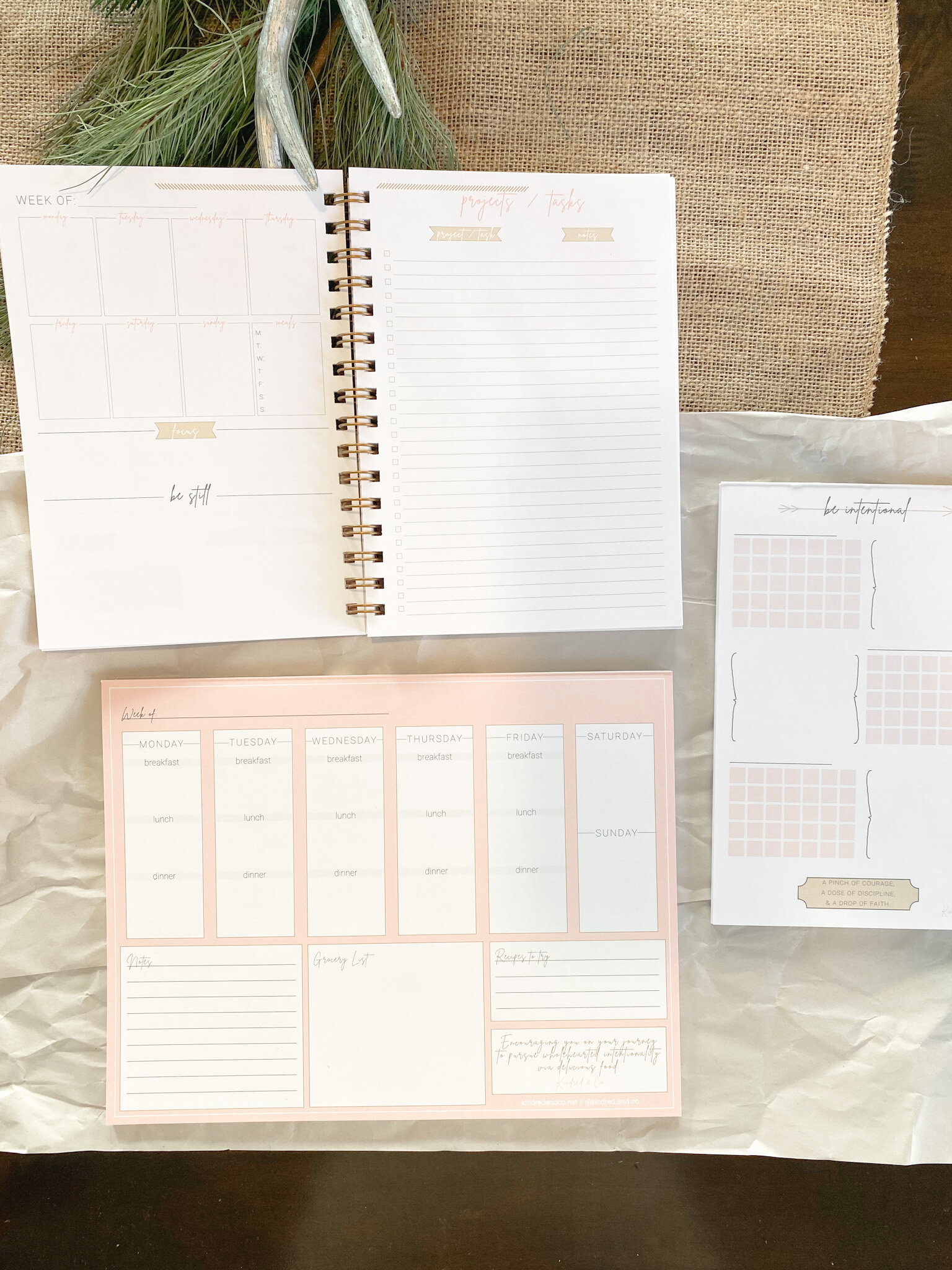
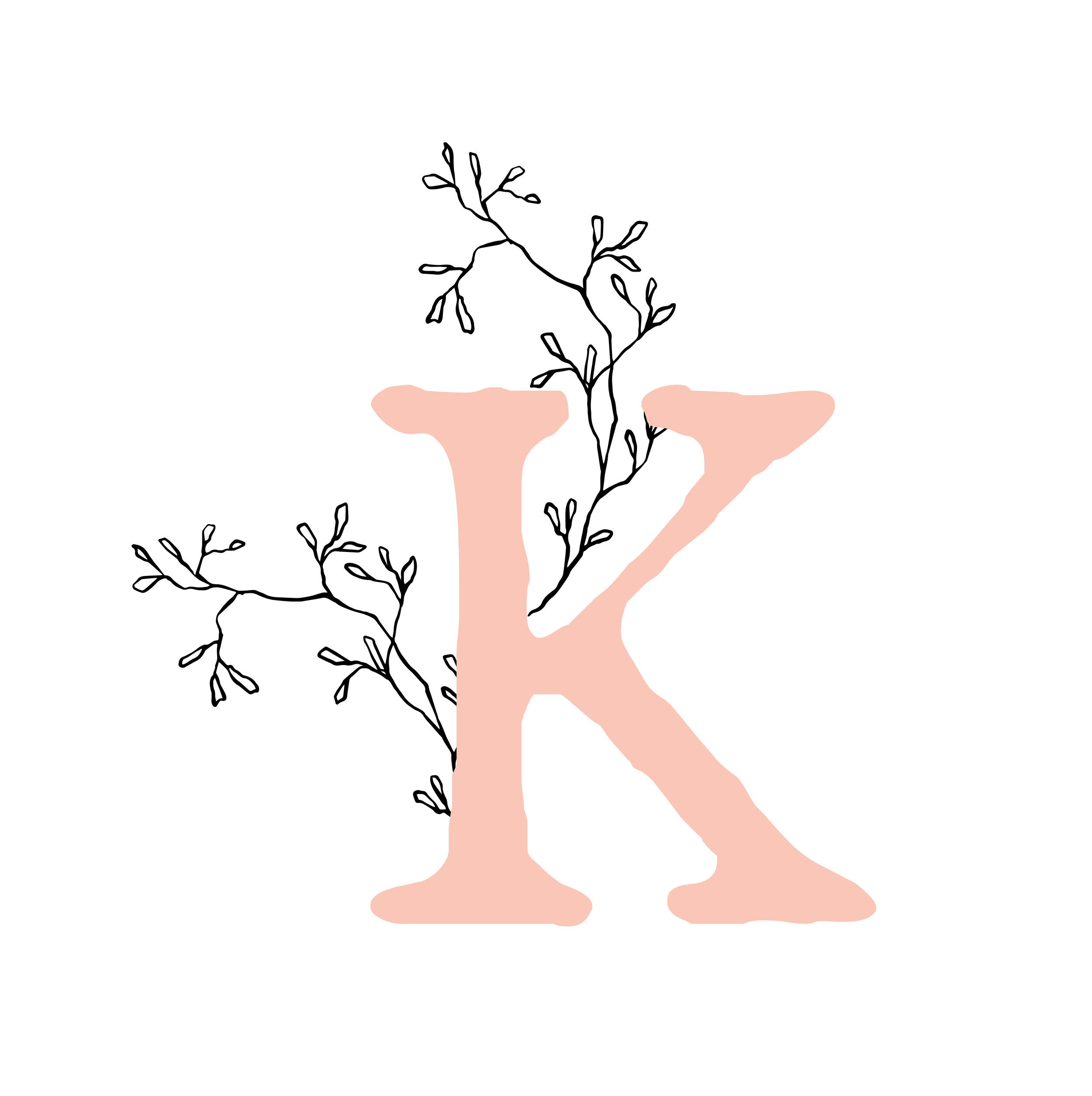
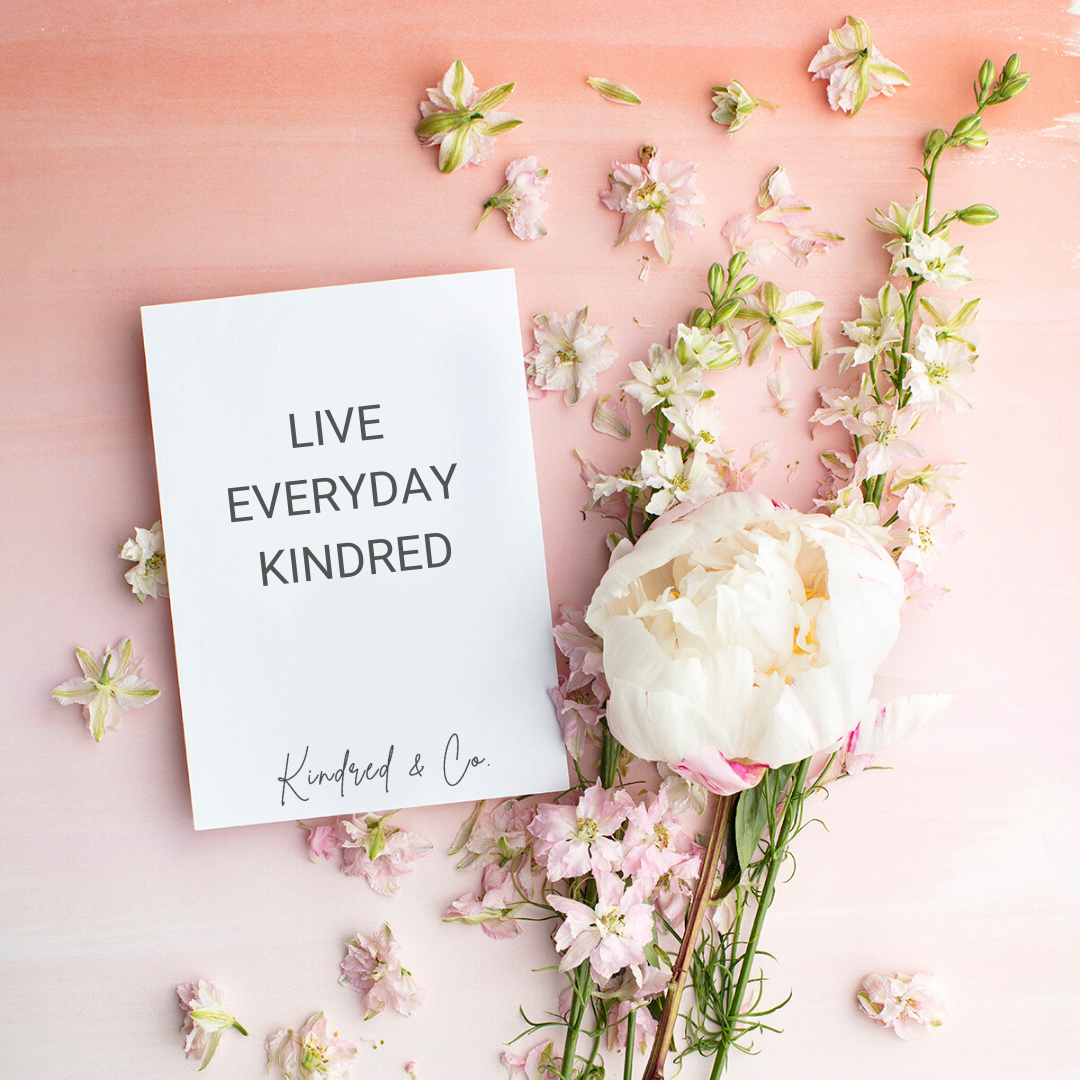
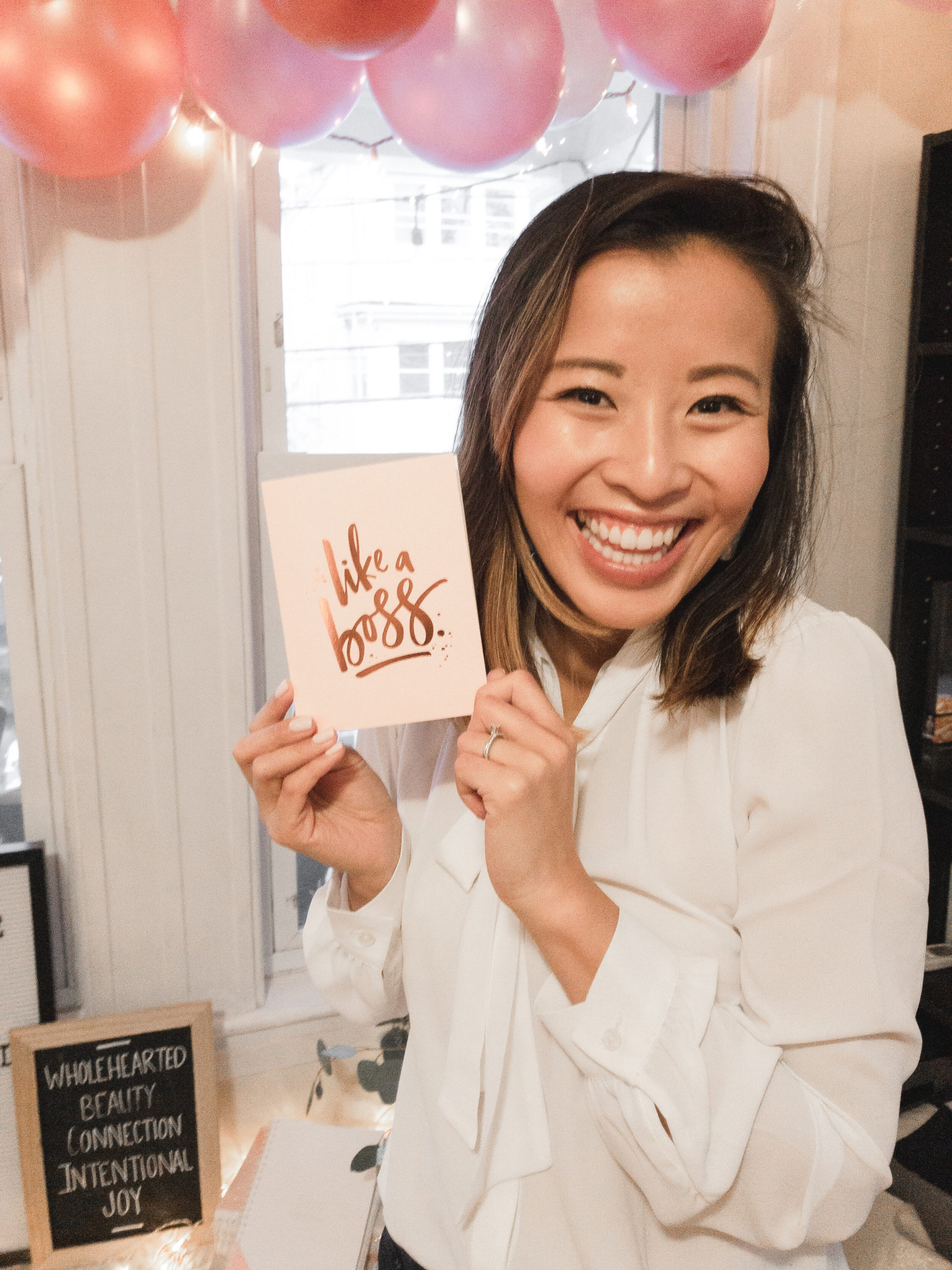
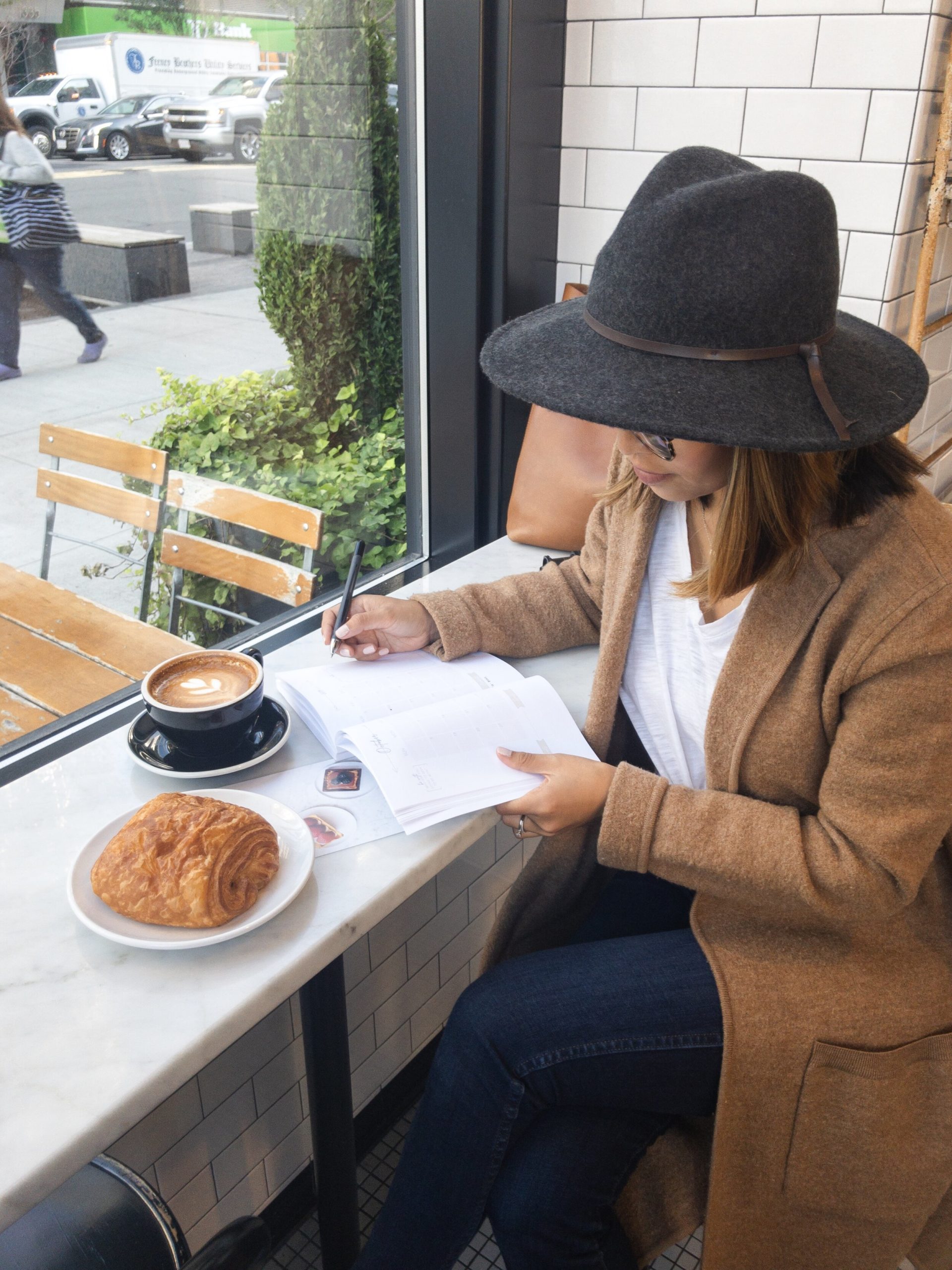
+ Show / Hide Comments
Share to: